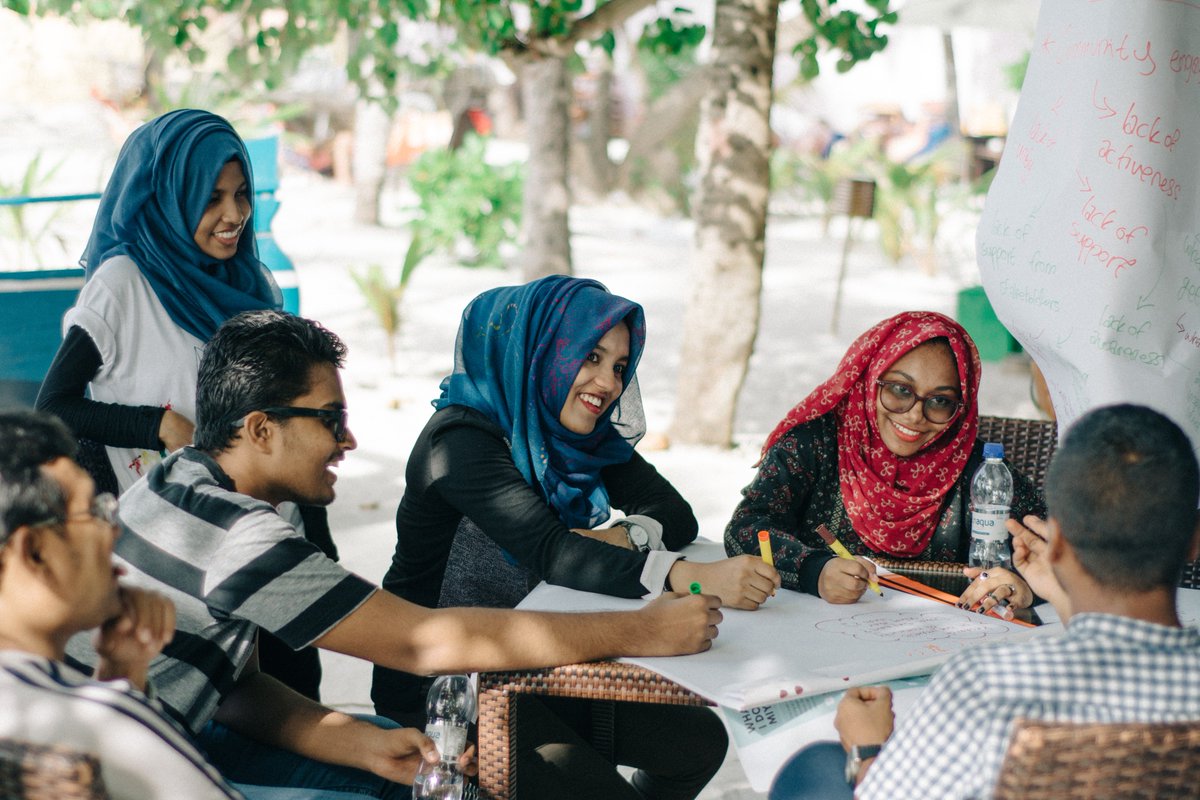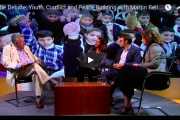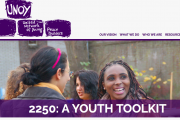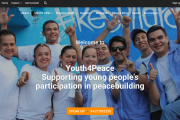Youth & Peacebuilding
Youth are especially vulnerable to multiple and often interlinked forms of violence; in areas of conflict they face specific challenges such as having to take on adult responsibilities, while at the same time missing years of education. They are also particularly affected by consequences of conflict such as unemployment, social rupture, trauma and – especially for those involved as combatants – loss of status and resources. Besides economic and social marginalization, they often face political exclusion and, as a result, their transition to adulthood can be prolonged or blocked.
At the same time, the involvement of some young people in extremist groups for instance has led to a widespread portrayal of youth as a threat to peace and global security. Consequently, the depiction of youth in conflict is marked by a dichotomy: they are either portrayed as victims or perpetrators. However, the reality is much more nuanced. Increasing evidence from the field and academic research show that youth play active and valuable roles in peacebuilding.

Photo: UNDP Maldives
Youth can be positive agents of change in their communities in time of conflict. Early action to stabilize their livelihoods builds resilience and provides alternatives for at-risk-youth. Ensuring political participation supports social cohesion and makes use of the innovative power of youth. Peace education and developing peacebuilding skills – which also enable youth to pass on their gained insight and techniques – contribute to sustainable and large-scale capacity building.
On 9 December 2015, the United Nations Security Council unanimously adopted Resolution 2250, a historic resolution on Youth, Peace and Security, which recognizes that “young people play an important and positive role in the maintenance and promotion of international peace and security.” It identified five key pillars of actions for empowering the work of youth in efforts to prevent violence, reconcile communities and resolve conflict, including: participation, protection, prevention, partnerships, and disengagement and reintegration.
For statistical purposes, the United Nations General Assembly defines youth as between the ages of 15- 24, without prejudice to other definitions by Member States. However, since in many countries people below the age of 35 who are active in politics are considered young, a more flexible and expansive definition of youth is people between the ages of 15 and 35. When engaging with youth, it is important to note the wide range at hand.
Entry Points for Youth Empowerment
Strategic entry points therefore focus on empowering and mobilizing youth as positive agents of change within their communities and strengthening youth-led organizations and infrastructures for peace by:
- Strengthen young people's capacities for peacebuilding, for example by providing training on how to use new technologies to mobilize their communities for positive change or peace education techniques which they can employ and pass on.
- Support the establishment or strengthening of global, regional and national youth peace networks to provide more online as well as face-to-face platforms for knowledge sharing and peer-to-peer collaboration.
- Address harmful patriarchal attitudes and gender biases. Encourage the participation of young women in peacebuilding to ensure that peace agreements reflect gender specific language.
- Actively involve youth from diverse background to ensure that peacebuilding results in sustainable peace beneficial for all, especially ethnic/sexual minorities, youth from lower socioeconomic class, and those who are often disproportionately affected by conflict, including young forced migrants, IDPs and indigenous youth.
- Provide youth at risk of (re)joining armed criminal groups with alternative/diversified livelihood opportunities. Engage them in recovery efforts (e.g. rehabilitation of social and socio-economic community infrastructure) to support a more positive image of youth-at-risk in reintegration efforts.
- Support initiatives that work with youth to form their visions for their country and enable implementation through focused skills-based training.
- Support youth and youth organizations to play a pivotal role in helping re-establish relationships, including a renewed social contract between the state and its citizens as well as between generations.




